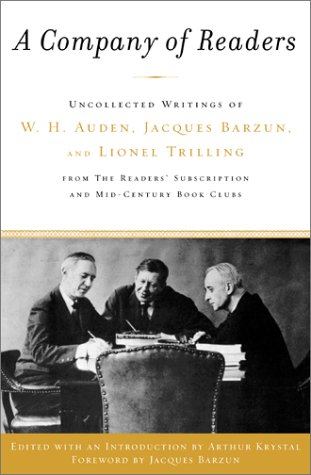I called my dermatologist this morning. The person who answered the phone said there were no cancelations before my Nov 12 appointment but encouraged me to call back later today to check. This I will do. I hope that I have reached the peak of this rash. I did drink last night. But I changed my pattern and drank more slowly as Eileen and I stayed up watching Downtown Abbey. I slept in accordingly. My weight and BP are creeping up but I attribute that to my own behavior patterns of increased caloric intake combined with a possible change in my metabolism due to not exercising. The latter will change this Wednesday when I will free to gradually reintroduce exercises to my old body.
I made bread this morning despite rising late. Eileen noticed my last batch was more moist. This was probably because I made a batch simply using up all the flour in the house which was mostly white bread flour. I tried to do something like that today and only used 1 C of whole wheat flour and 6 C of bread flour. This seems to have worked.
Again I benefited from having an extensive collection of unread books yesterday. I read Jacque Barzun’s essay, “”As Uncomfortable as a Modern Self: On Virginia Woolf’s A Writer’s Diary” in , the collection of essays I mentioned yesterday, A Company of Readers. I went upstairs and found a copy of the book and started reading it yesterday.

I have been reading Woolf since I was a young man. She has had a huge influence on me. This book is a posthumous selection by her widower, Leonard Woolf, from her 26 diaries. He went through them and culled any mention of her writings, any practicing she did in her diary for her other work, and passages where she comments on the works of others. I have read many of her books and essays and have been able to follow her diary entries with pleasure. They beginning in 1918 and I up to 1921.
Apparently this is about the time that the TV series Downtown Abbey takes place.
Another thing I noticed about the series is that the beauty of old houses and the scenery they use in it. I have noticed this in other BBC series. The setting is practically one of the characters of story. This is fitting when I think of the popularity of public access to buildings the English call National Trusts.
We have visited one or two of these when we see Sarah in England. I know that she regularly goes to these and enjoys the grounds when she visits. They are usually beautiful mansions with gardens and shops for visitors.
Another correlation is in my reading. I am finishing the final volume of J. G. Farrell’s Empire Trilogy, The Siege of Krishnapur. Farrell wrote these books as bitter indictments of England’s colonialism. The Siege of Krishnapur takes place in India around 1857. Troubles is also in this series and takes place in 1919 which is very near the time of Downtown Abbey. These two volumes provide background for the story being told by Downtown Abbey and Virginia Woolf’s diaries. We’re at the point in the TV series when a character (Shrimpie) is being re-assigned to an Indian outpost. Knowing what a dire situation England was in at this point with the Empire crumbling casts light on the both Shrimpie’s future and the bigoted statements of the Anglican clergy about empire as he tries to dissuade a Irish character from raising his child in the Catholic church.
Fun stuff.

